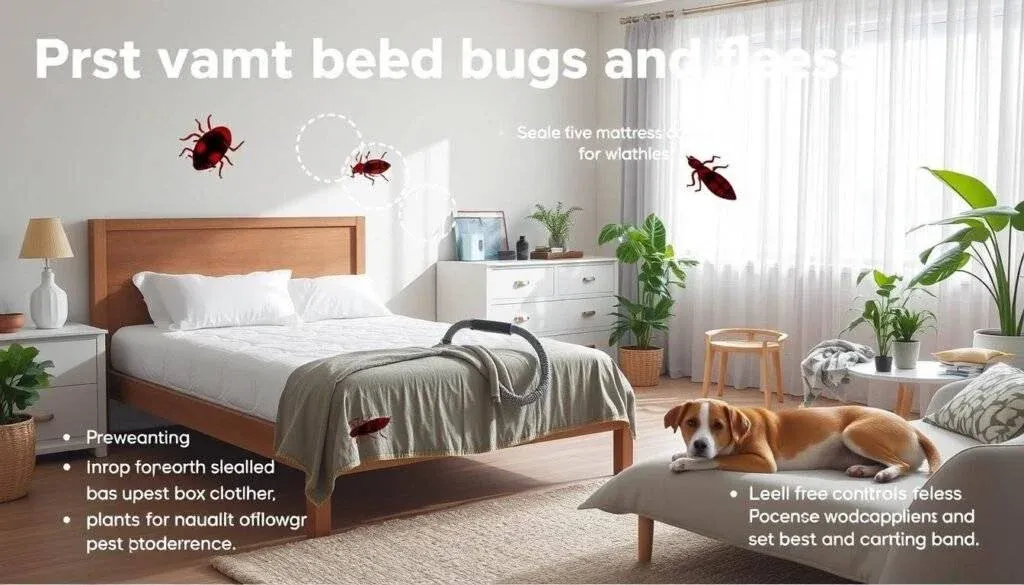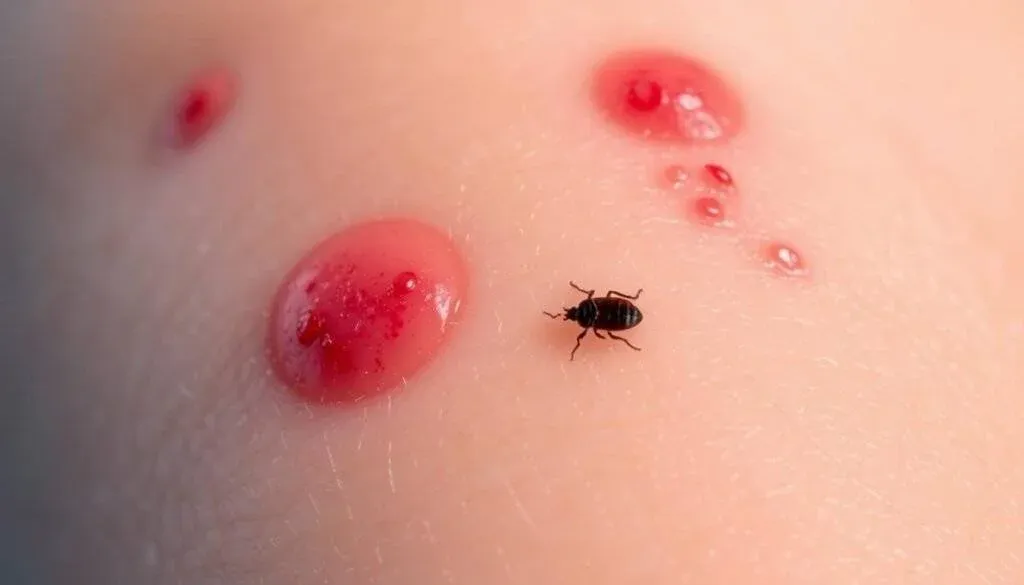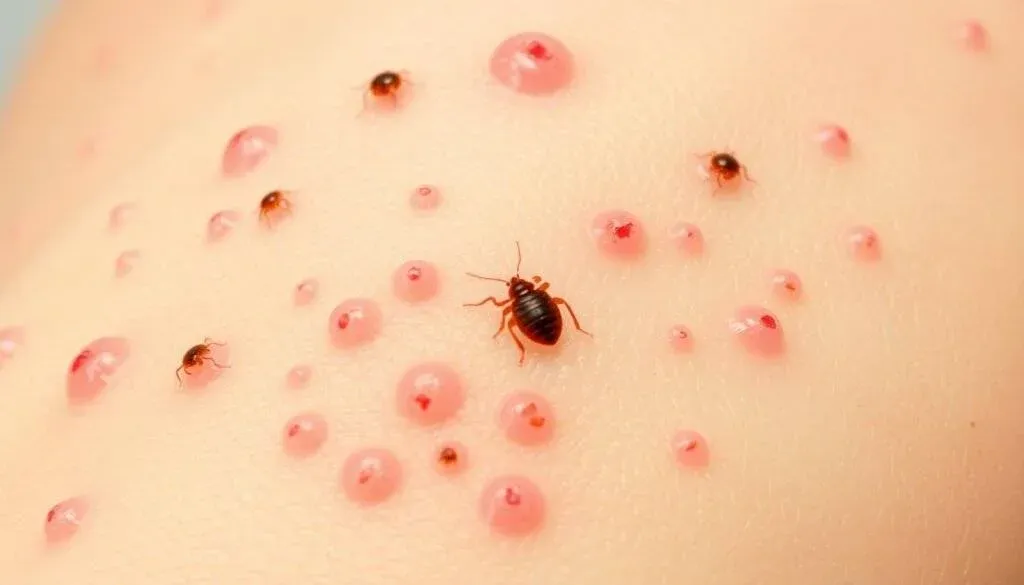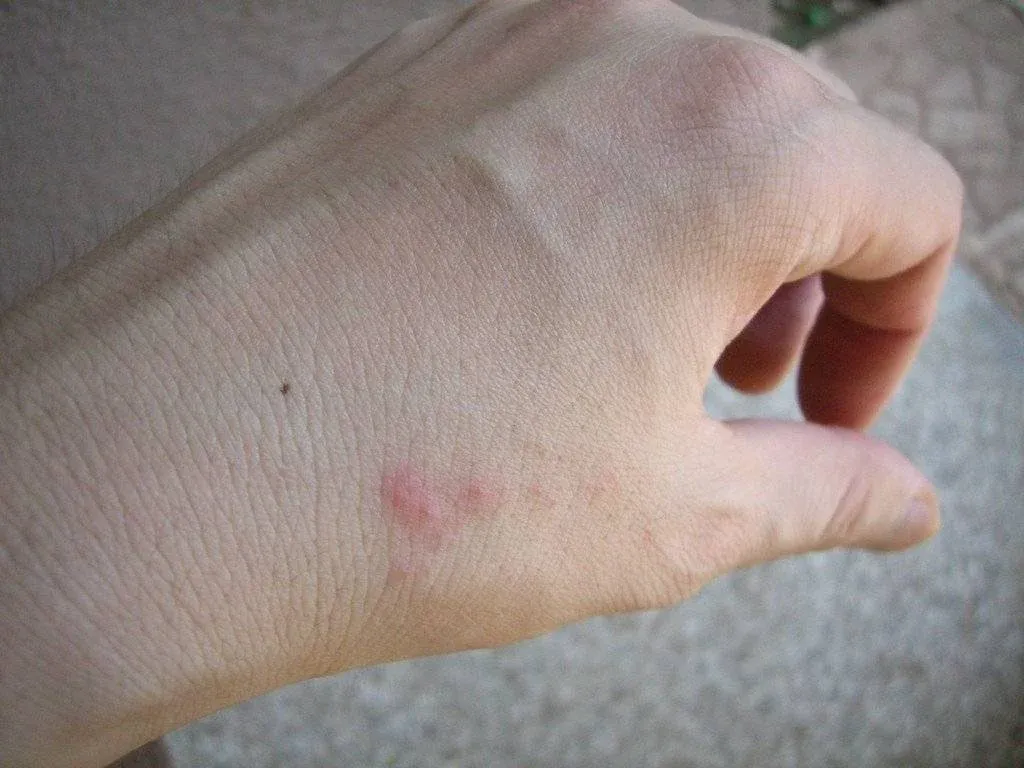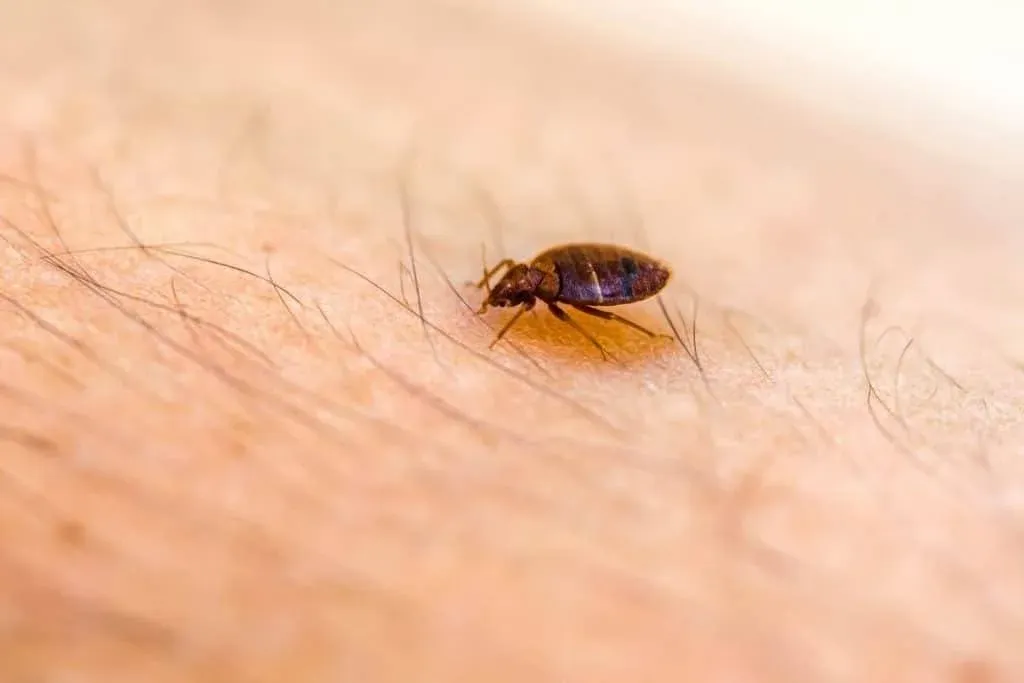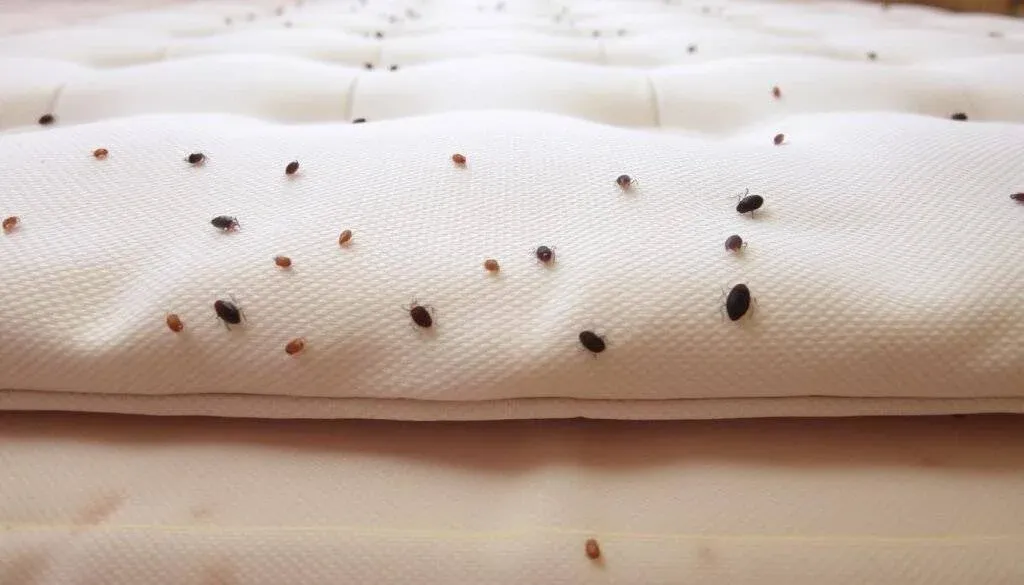When you wake up with itchy red marks on your skin, the first question that comes to mind is whether you’ve been bitten by bed bugs or mosquitoes. Both insects leave irritating bites, but the way they appear, feel, and spread is often very different. Understanding how to identify bed bug bites vs. mosquito bites can help you manage the itching quickly, prevent further infestations, and protect your home environment.
Why Identifying the Right Bite Matters
Bed bugs and mosquitoes are among the most common household pests worldwide. While mosquito bites usually happen outdoors or in open indoor spaces, bed bug bites occur when you’re asleep, often in the comfort of your bed. Knowing which bite you are dealing with is crucial. Misidentification can lead to improper treatment, prolonged discomfort, and even unnecessary expenses on pest control.
Key Characteristics of Bed Bug Bites
Bed bugs are tiny, flat, reddish-brown insects that hide in mattresses, furniture crevices, and even electrical outlets. They usually emerge at night, feeding on human blood. Their bites share some distinct features:
Pattern: Bed bug bites often appear in a line or cluster, sometimes called the “breakfast, lunch, and dinner” pattern.
Appearance: They are small, red, and swollen with darker centers.
Location: These bites commonly show up on exposed skin such as arms, legs, neck, or face.
Itching: Intense itching is a hallmark sign, and scratching can worsen the irritation.
Because bed bugs bite multiple times, you may notice several marks close together, which is one of the easiest clues in how to identify bed bug bites vs. mosquito bites.
Key Characteristics of Mosquito Bites
Mosquitoes are flying insects that thrive in warm, humid environments and breed in stagnant water. Their bites have their own unique characteristics:
Pattern: Mosquito bites usually appear as single, isolated bumps rather than in clusters.
Appearance: They are puffy, round, and may develop a small red halo around the swollen area.
Location: Mosquitoes can bite any part of the body, often ankles, arms, or areas not covered by clothing.
Itching: The itch is immediate and can last from a few hours to a couple of days.
Unlike bed bugs, mosquitoes may buzz around your ears, leaving a clear clue to their presence.
Comparing Bed Bug Bites and Mosquito Bites
The confusion happens because both types of bites cause redness, swelling, and itching. However, the main difference lies in their pattern and timing. Bed bug bites occur while you’re asleep, often in clusters or rows. Mosquito bites can happen at any time, usually one at a time.
In addition, bed bug bites take longer to heal and may worsen over days, while mosquito bites tend to fade more quickly. Understanding these subtle differences is at the core of how to identify bed bug bites vs. mosquito bites effectively.
Health Risks of Each Bite
While both pests are annoying, the health risks associated with them vary.
Mosquitoes are known carriers of diseases like dengue, malaria, and West Nile virus. A single bite can sometimes transmit serious infections.
Bed bugs, on the other hand, are not known to spread diseases but can cause severe allergic reactions, anxiety, and sleep disturbances.
This comparison is another reason why you should carefully learn how to identify bed bug bites vs. mosquito bites to take proper health precautions.
Treatment Options for Bites
Whether you’re dealing with bed bugs or mosquitoes, relief is usually the first thing you seek.
For Bed Bug Bites: Wash the area with soap and water, apply an anti-itch cream, and avoid scratching to prevent infection.
For Mosquito Bites: Use cold compresses, calamine lotion, or over-the-counter antihistamines to reduce swelling and itching.
In both cases, keeping your skin clean and avoiding scratching are key to faster healing.
Prevention Tips to Avoid Bites
The best way to stop the problem is by preventing bites in the first place.
Against Bed Bugs: Regularly wash bed linens, vacuum mattresses, and check furniture for hidden pests. Consider professional extermination if you suspect an infestation.
Against Mosquitoes: Remove standing water, use insect repellents, and install window screens to block entry.
Preventive steps go a long way, making your home a safer and healthier space.
When to Seek Medical Help
In most cases, bites from bed bugs or mosquitoes are harmless and go away on their own. However, you should seek medical attention if:
The bites become infected or pus-filled.
You develop an allergic reaction such as difficulty breathing or swelling of the face.
You experience symptoms like fever, nausea, or body aches after mosquito bites.
Proper diagnosis by a doctor can confirm whether your bites need additional medical treatment.
Final Thoughts
Learning how to identify bed bug bites vs. mosquito bites helps you take the right action at the right time. While the bites may look similar at first glance, careful observation of their pattern, location, and timing reveals the difference. With proper identification, you can not only treat the irritation effectively but also prevent future problems, ensuring a healthier home and lifestyle.

